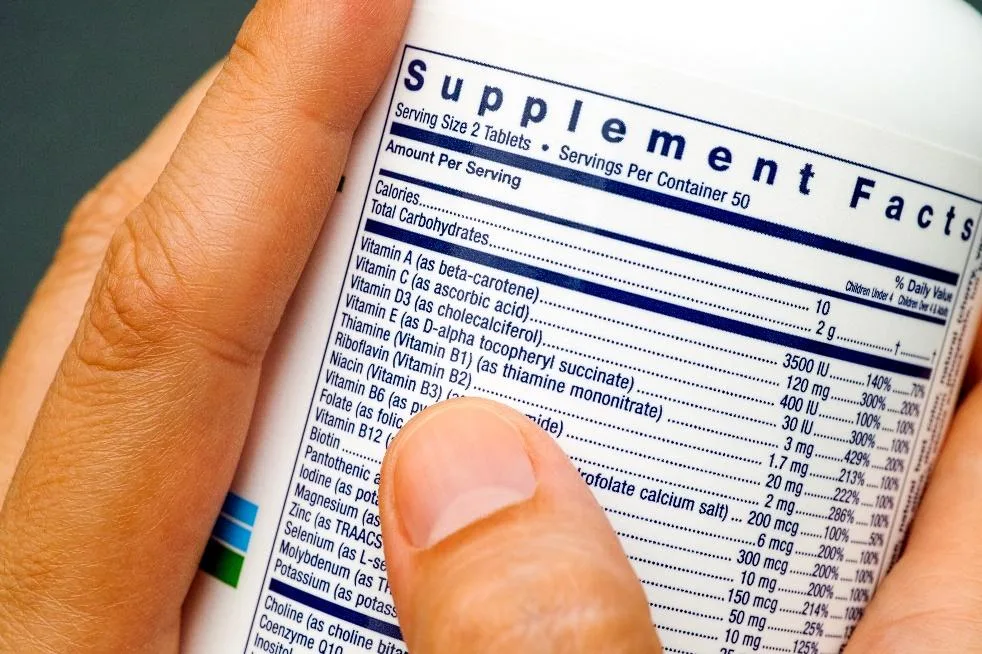Value at your desk. Contact Us
Eczema, also known as atopic dermatitis, is a chronic skin condition characterized by itchy, inflamed patches of skin. Dermatologists play a crucial role in diagnosing and managing eczema, providing relief and improving the comfort of individuals experiencing this condition.
Dermatologists are trained to identify the signs and symptoms of eczema during physical examinations. They assess the patient’s skin, looking for redness, dryness, swelling, and scaling. Dermatologists also consider the patient’s medical history and potential triggers, such as allergies or environmental factors, to develop a comprehensive understanding of the condition.
Once diagnosed, dermatologists develop personalized treatment plans for eczema management. These plans often include the use of emollients and moisturizers to hydrate the skin and restore its barrier function. In cases of severe eczema, dermatologists may prescribe topical corticosteroids or immunomodulators to reduce inflammation and alleviate itching. They also provide guidance on lifestyle modifications, such as avoiding known triggers and maintaining proper skincare routines.
In addition to treatment, dermatologists offer essential education to individuals with eczema. They explain the chronic nature of the condition and teach patients how to identify and manage flare-ups effectively. Dermatologists also discuss strategies for itch relief and the importance of maintaining healthy skin hygiene to prevent secondary infections.
To summarize, dermatologists play a crucial role in managing eczema and improving the comfort of individuals with this condition. By accurately diagnosing eczema, providing personalized treatment plans, and offering education, dermatologists empower patients to take control of their eczema symptoms and enhance their overall well-being.
As we enter another year of the pandemic, health is a priority now more than ever. Instead of the proverbial ‘apple a day to keep the doctor away’, many have shifted to taking multivitamins to maintain health. People see supplements and vitamins as health in a pill. In reality, for most people, a varied diet provides enough vitamins and antioxidants to meet daily needs. Supplements are most effective when the person in question has a nutritional deficiency.

When supplements are taken by a healthy person, the body has a system of well-functioning checks and balances, much like a very strict immigration policy. The body only accepts the nutrients it needs and is able to release any excess. This also depends on the type of vitamin being taken. For water soluble vitamins, or those that dissolve in water, this process is simple. If too much is taken, the body removes what isn’t needed, usually in the urine. Fat soluble vitamins, or those that do not dissolve in water, are managed differently. The body stores the excess in fat tissues. The concern here is the risk for too much of that vitamin stored in the body over time. Vitamins A, D, E, and K are fat soluble. Vitamins B and C are water soluble.

With supplementation, one must also consider whether more is truly better. While we are often worried about nutritional deficiencies, we should also be aware of potential danger from over supplementation. In some cases, like with the water-soluble Vitamin C, higher doses have been shown to help immune cells in the body fight off infection, at no great risk to healthy individuals with healthy kidneys. Folic acid supplements are especially helpful during pregnancy. Some vitamins and minerals in excess can cause unwanted effects. Vitamin E, for example, can cause blood thinning and supplementing with this should be discussed with a doctor before any surgical procedures. Zinc can affect how other medications are absorbed, and if taken for long periods of time, can affect how the body absorbs copper, leading to copper deficiency. Review the labels on the back of the bottle—how much are you taking in reference to the recommended daily allowance? Some supplements provide a thousand-fold more than humans need in a single day. Keep in mind that supplements are not as well-regulated by overseeing agencies (for example, the Food and Drug Association) as medications are, so make sure any supplements taken are from trustworthy brands.
As with all things, moderation is key. Understand that deficiency and excess are both disease states. Health is all about balance. Vitamins in the right dose are certainly good for us, and we should try to obtain these from the food we eat. Antioxidants taken through a healthy diet have consistently led to positive results in human research, whereas antioxidants taken through supplementation have not. Fruits and vegetables are naturally loaded with antioxidants and packaged in a way that promotes optimal absorption by the body. Sometimes, the best answer is the simplest one. Eat healthy to be healthy.
Dr. Mara Padilla Evangelista-Huber, FPDS, FDSP, MClinRes
Why use vitamin C in your skincare routine?
Vitamin C is one of the most popular active ingredients in the skin, and for good reason! It has multiple beneficial effects.
First, it is a powerful anti-oxidant that protects us from free radicals – substances that can damage our skin cells and cause premature skin aging.
It also has photoprotective effects, shielding us against the damaging effects of the sun’s rays on skin, which include wrinkles, dark spots, rough skin texture and many more.
Vitamin C can also increase collagen production, keeping skin plump and improving skin elasticity and texture.
Lastly, it inhibits tyrosinase, a key enzyme in the production of melanin (the pigment responsible for our skin color), which makes it helpful for fading hyperpigmentation and brightening overall skin tone.
by: Tanya Perez Chua, MD, FPDS
What is chicken pox?
Varicella infection, more commonly known as chicken pox, is a viral disease that affects the skin. Sometimes it also affects the mucosa which includes the lining of the mouth, eyes, throat. Unhealthy individuals can also have pneumonia.
How do you catch chicken pox?
The varicella zoster virus is the causative agent of this disease. It is spread airborne. It takes 2 weeks from the time you catch it until you see skin lesions. A person is already infectious for 1-2 days before the rashes appear.
How do I know that my rashes are chicken pox?
The rashes of chicken pox are called vesicles. Vesicles are bumps fiilled with water. The bases of the vesicles are also red in color. As they dry up, they form scabs or crusts. The vesicles appear in groups or crops. They usually appear on the face first first then spread rapidly to the trunk.
Why is it called chicken pox?
This virus heals with “pock scars” which are depressed in appearance. These are permanent. Early treatment of chicken pox and early treatment of the scar may help improve the scars. Consult a board certified dermatologist.
Does chicken pox happen again?
Chicken pox may happen again in the form of herpes zoster or shingles. A person who has had chicken pox may get zoster when he is exposed to a person with chicken pox or zoster also. Zoster also happens when the immune system is weak.